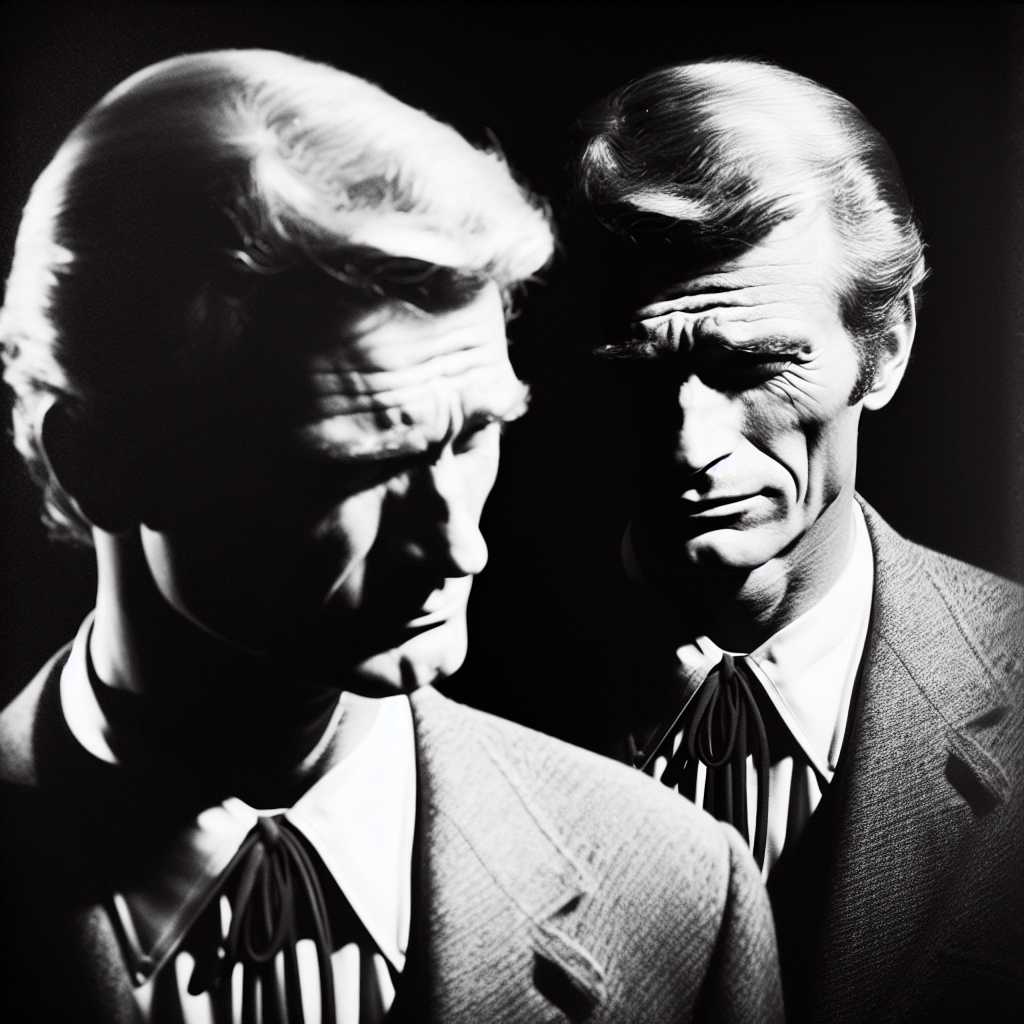The Enduring Legacy of Clint Eastwood
Clint Eastwood is a name synonymous with American cinema. Over a span of more than six decades, Eastwood has established himself as an enduring icon of the silver screen, accumulating a myriad of roles both in front of and behind the camera. Known for his rugged looks, distinctive voice, and an acting style that effortlessly embodies the archetypical stoic hero, Eastwood’s career is one of remarkable versatility and longevity.
Early Life and Entry into Hollywood
Clint Eastwood was born on May 31, 1930, in San Francisco, California. Growing up during the Great Depression, Eastwood moved often with his family in search of work. He held a variety of jobs before turning to acting, a field wherein he would find unprecedented success.
After a stint in the Army during the Korean War, Eastwood moved to Hollywood where he began his acting career with small roles in B-movies and television shows. His big break came with the TV western series “Rawhide,” where he played the role of Rowdy Yates from 1959 to 1965. The series afforded Eastwood exposure and allowed him to hone his acting skills which laid the foundation for his future success in films.
Rise to Stardom: The Man With No Name
Eastwood’s portrayal of the “Man with No Name” in Sergio Leone’s spaghetti western trilogy—”A Fistful of Dollars” (1964), “For a Few Dollars More” (19655), and “The Good, The Bad and The Ugly” (1966)—cemented his status as an international star. These films revolutionized the western genre and showcased Eastwood’s distinctive screen presence characterized by minimal dialogue and a calm demeanor under pressure.
Expansion of Career: Actor and Director
As he transitioned into Hollywood filmmaking, Eastworld continued to thrive as both an actor and director. In 1971 he made his directorial debut with “Play Misty for Me.” While continuing to anchor movies as the leading man—with unforgettable roles such as Dirty Harry Callahan—Eastwood showed a sharp acumen for direction with films like “High Plains Drifter” (1973), “The Outlaw Josey Wales” (1976), and “Bronco Billy” (1980).
Perhaps his directorial masterpiece, “Unforgiven” (1992), won significant acclaim, including Academy Awards for Best Director and Best Picture. This film was powerful in its deconstruction of mythic elements of the wild west that Eastwood himself had once perpetuated on screen.
In recent years, Eastwood has continued to direct significant films including “Mystic River” (2003), “Million Dollar Baby” (2004), “Gran Torino” (2008), “American Sniper” (2014), and “Richard Jewell” (2019). His storytelling is celebrated for character-driven narratives that often explore themes of justice, morality, and redemption.
Longevity in Entertainment: Continuing Influence on Cinema
Eastwood’s legacy is that of both a timeless performer and a filmmaker who continues to contribute significantly to cinema even into his later years. His breadth of work across genres—from westerns to dramas—has offered diverse windows into American life, culture, and history.
The versatility that marks Eastmark’s success is seen not only in the range of genres he tackles but also in his seamless transition between acting and directing. With dozens of films under his belt either as an actor, a director, or both, Eastwood has displayed profound consistency and excellence regardless of role or genre.
Notes
Image Description
